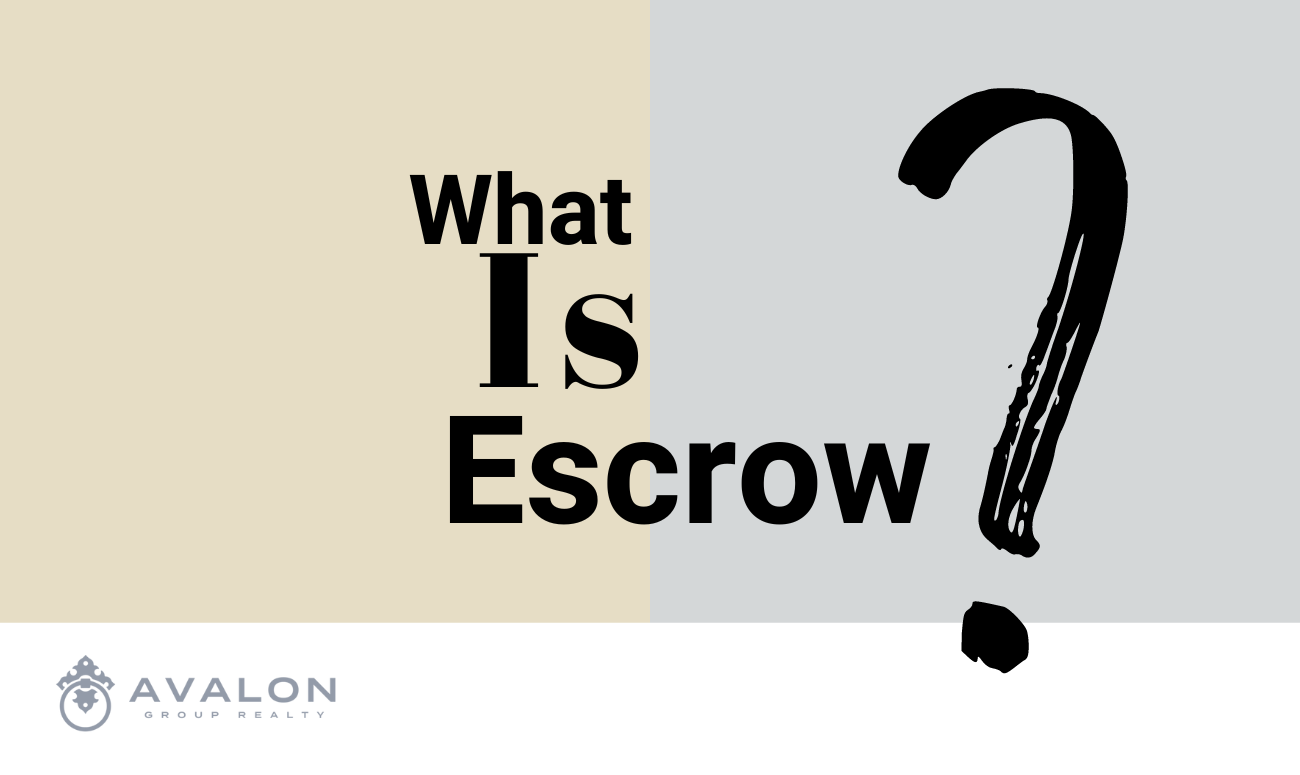What is Escrow? Escrow in Real Estate: A Complete Guide
Introduction
Escrow is a crucial part of most real estate transactions, yet it remains a confusing concept for many homebuyers and sellers. This guide aims to explain everything you need to know about escrow accounts in residential real estate deals.
We will cover the escrow definition, the role of escrow agents, types of escrow accounts, escrow regulations, and the pros and cons of using escrow services during the home buying and selling process. Read on to gain a comprehensive understanding of this critical component of property transactions.
What it is:
Simply put, escrow refers to a financial arrangement where a neutral third party holds and regulates payment of funds required in a real estate deal until certain conditions are met. The escrow agent, often a title company or attorney, acts as an impartial intermediary to ensure the secure exchange of money and documents between parties.
An essential aspect of escrow is that no funds change hands until both buyer and seller meet all their contractual obligations. This protection minimizes risks for both parties during what can be a complex transaction.
Key Players in The Escrow Process
There are typically three key players in a real estate escrow process:
The Buyer: The buyer commits funds to escrow as a good faith deposit, which goes towards the purchase price once the sale closes.
The Seller: The seller relies on escrow to securely facilitate payment while transferring ownership rights.
The Escrow Holder: An impartial third party who safely manages funds and paperwork in line with the purchase agreement until the deal completes.
The escrow holder has fiduciary responsibilities to both the buyer and seller. They coordinate the process, verify fulfilment of all contract contingencies, and ensure adherence to regulations.
Types of Real Estate Escrow Accounts
There are two major types of escrow accounts used in residential property deals:
Earnest Money Escrow: The buyer deposits a good faith payment, known as earnest money, into an escrow account managed by a broker, attorney, or title company. It shows their serious intent to purchase the property. If the deal falls through, the buyer may get the deposit back, depending on contract terms. Upon successful closing, it goes towards the final purchase price.
Impound Escrow Account: This escrow account contains funds to pay recurring property expenses such as mortgage payments, property taxes, and homeowner’s insurance premiums. Mortgage lenders often require setting up an impound account so payments are made on time.
Both account types offer protection by ensuring obligations get fulfilled before funds transfer.
How Does The Escrow Process Work?
While escrow processes can vary, some standard steps occur:
1. The buyer and seller agree to terms and contingencies and execute a purchase contract. This contract also establishes escrow instructions.
2. The buyer deposits earnest money into the designated escrow account. This payment demonstrates good faith while giving the buyer protection if the deal falls through.
3. The escrow holder verifies buyers have deposited required funds.
4. Over a typical 30-45 day escrow period, the agent oversees progress, including tasks like:
a) Ordering title search
b) Securing financing
c) Transferring insurance policies
d) Conducting inspections
5. The escrow holder obtains confirmation all terms and contingencies met.
6. Finally, the agent authorizes recordation of ownership transfer to the buyer and release of funds to the seller.
This multi-step process relies on the escrow holder to neutrally verify compliance by both parties, minimizing risk.
Escrow Account Regulations
Given the large sums of money managed by escrow holders, regulatory oversight exists to protect client funds. These include:
– Bonding requirements to allow clients financial recourse if issues emerge
– Bookkeeping rules and regular audits to track funds
– Guidelines restricting types of investments permissible
– Disclosures on fee structures charged
– Procedural compliance for holding and releasing payments
Regulations boost accountability in the escrow process. State and national regulatory bodies provide oversight, including performing regular audits and inspections. Licensing and training requirements often exist as well to ensure escrow agents have the needed competencies to fulfill their duties responsibly.
These regulations provide critical consumer protections around the financial transactions involved with home buying and selling.
The Pros and Cons of Real Estate Escrow Services
Utilizing escrow during a property purchase or sale has notable advantages but also some potential drawbacks to consider.
Advantages Include:
– Added assurance for buyers and sellers through impartial third party oversight
– Gradual payment structure improving affordability
– Avoiding large one-time tax and insurance bills through impound accounts
– Promotes adherence to contractual obligations and timeline
– Safeguards against fraudulent activity or errors
Disadvantages May Encompass:
– Additional fees for escrow services
– Loss of control over funds during escrow period
– Delays if issues emerge with fulfilling terms
– Possibility of escrow company errors or even fraud
While no system is perfect, the enhanced protection and risk reduction escrow delivers likely outweigh the costs for most home buyers and sellers. Utilizing a reputable, experienced escrow company minimizes the chances of delays or mistakes. The gradual payment structure also improves budgeting compared to lump sum bills.
How to Choose an Escrow Company
With the essential role escrow agents perform, selecting the right one matters greatly. Key criteria to evaluate potential escrow companies on include:
– Experience handling residential real estate transactions
– Length of time in business
– Staff knowledge and responsiveness
– Fees charged compared to competitors
– Complaint volumes filed against the company
– Adherence to regulations and reporting requirements
– Financial stability
Local real estate attorneys and agents often have recommendations worth considering. Online reviews also provide insights on past client experiences. Investing effort into choosing the best escrow company boosts the odds of a smooth process.
The Closing Process with Escrow
As part of overseeing the mutually beneficial exchange, escrow plays an integral role right through property sale completion. This period when ownership legally transfers based on all prior contractual obligations getting met goes by the term “closing.”
During closing, the escrow holder accomplishes essential tasks like:
– Obtain lien releases showing the seller resolved any property-associated debts tied to the title
– Collect final verifications all contract terms and timeframes have been fulfilled
– Securely transmit closing funds from the buyer’s lender and brokerage
– Pay out commissions, fees, and charges accrued during sale to appropriate entities
– Record and file the official deed granting legal title to the buyer
– Distribute net sale proceeds to the seller
This multifaceted coordination by the escrow agent delivers a smooth closing benefiting both parties. Buyers gain legal rights while sellers get paid out. Without these escrow services carefully facilitating critical document filings and payments, the closing process risked delays or errors.
Key Takeaways
In summary, key things for home buyers and sellers to understand about escrow include:
– It involves a third party managing funds/paperwork associated with a property sale to protect all interests
– No money or property ownership transfers occur before the escrow holder verifies contract contingencies met
– Main types of real estate escrow accounts: earnest money deposits and impounds funding recurring housing expenses
– Regulations boost accountability around client funds entrusted to escrow companies
– Pros include risk reduction and gradual payments while cons encompass some loss of control and fees
– Selecting an experienced escrow company with strong reviews minimizes likelihood of issues
– During closing, escrow plays a key role distributing funds, recording documents, and more to facilitate the ownership transfer
Gaining familiarity with escrow reduces confusion and stress around critical steps in the home buying and selling process. An adept escrow company also makes transactions secure and more manageable for both parties, particularly those new to real estate deals. This knowledge prepares you to leverage escrow for optimal protection.
If you are looking for a Top Realtor in St Petersburg visit https://avalongrouptampabay.com/




